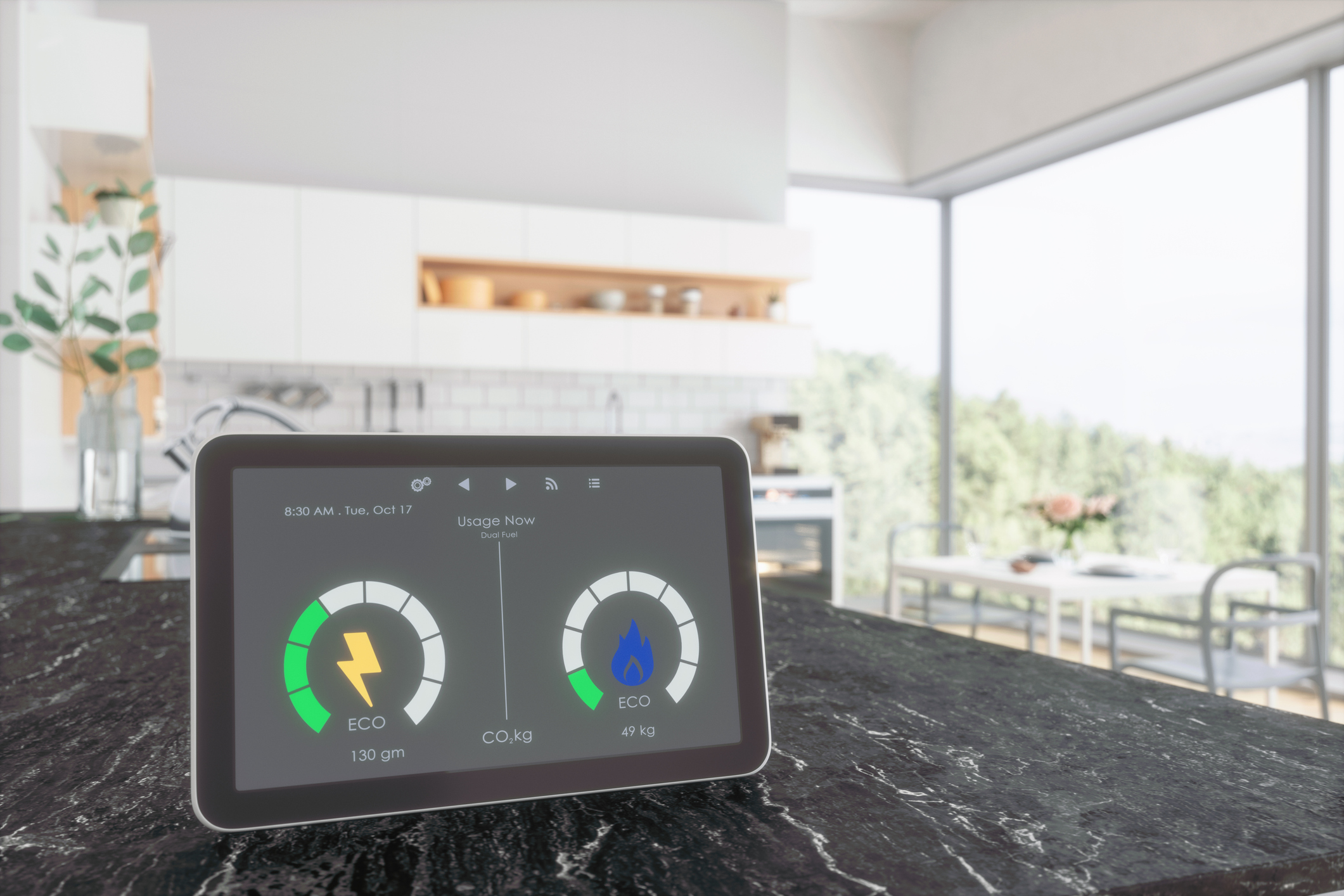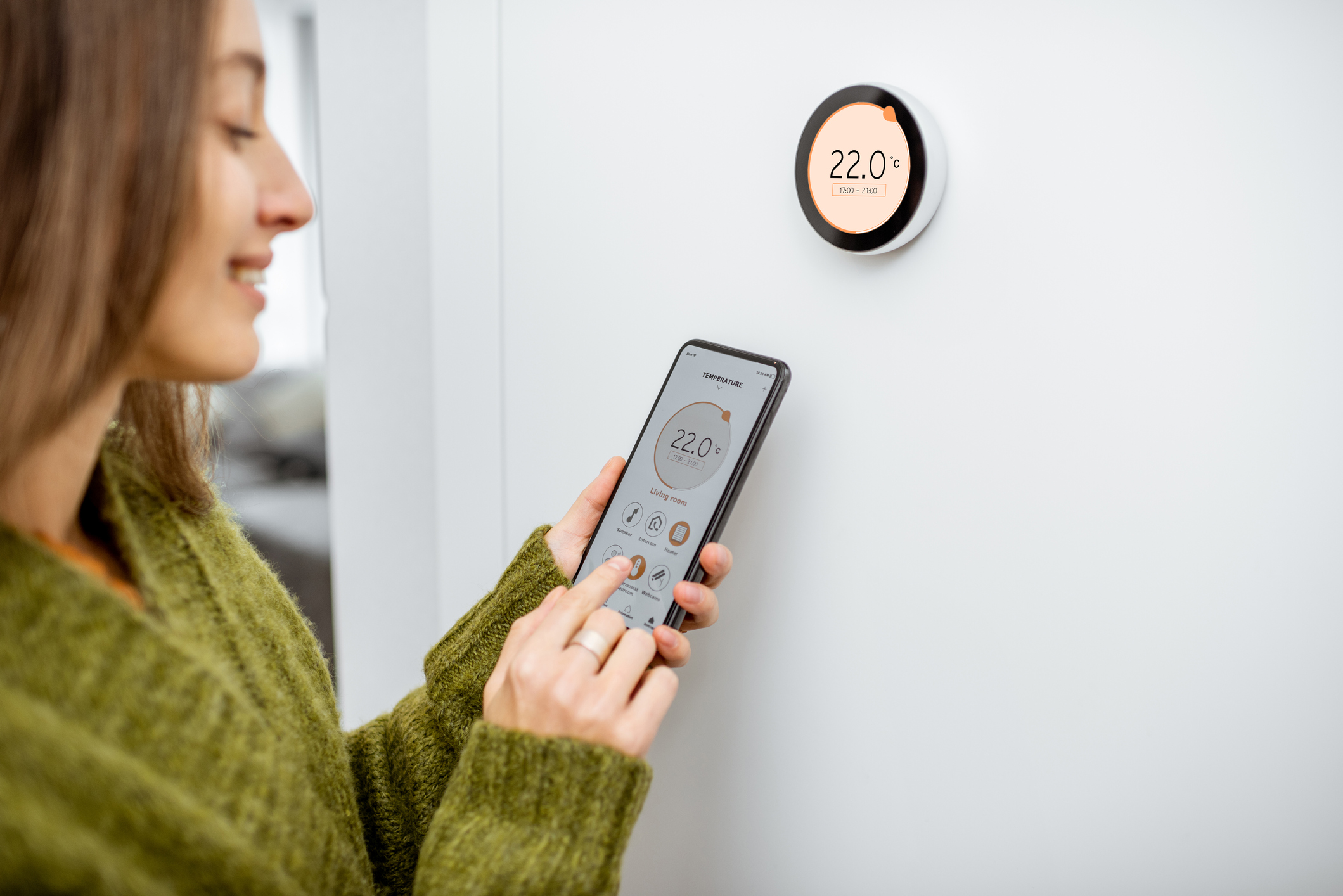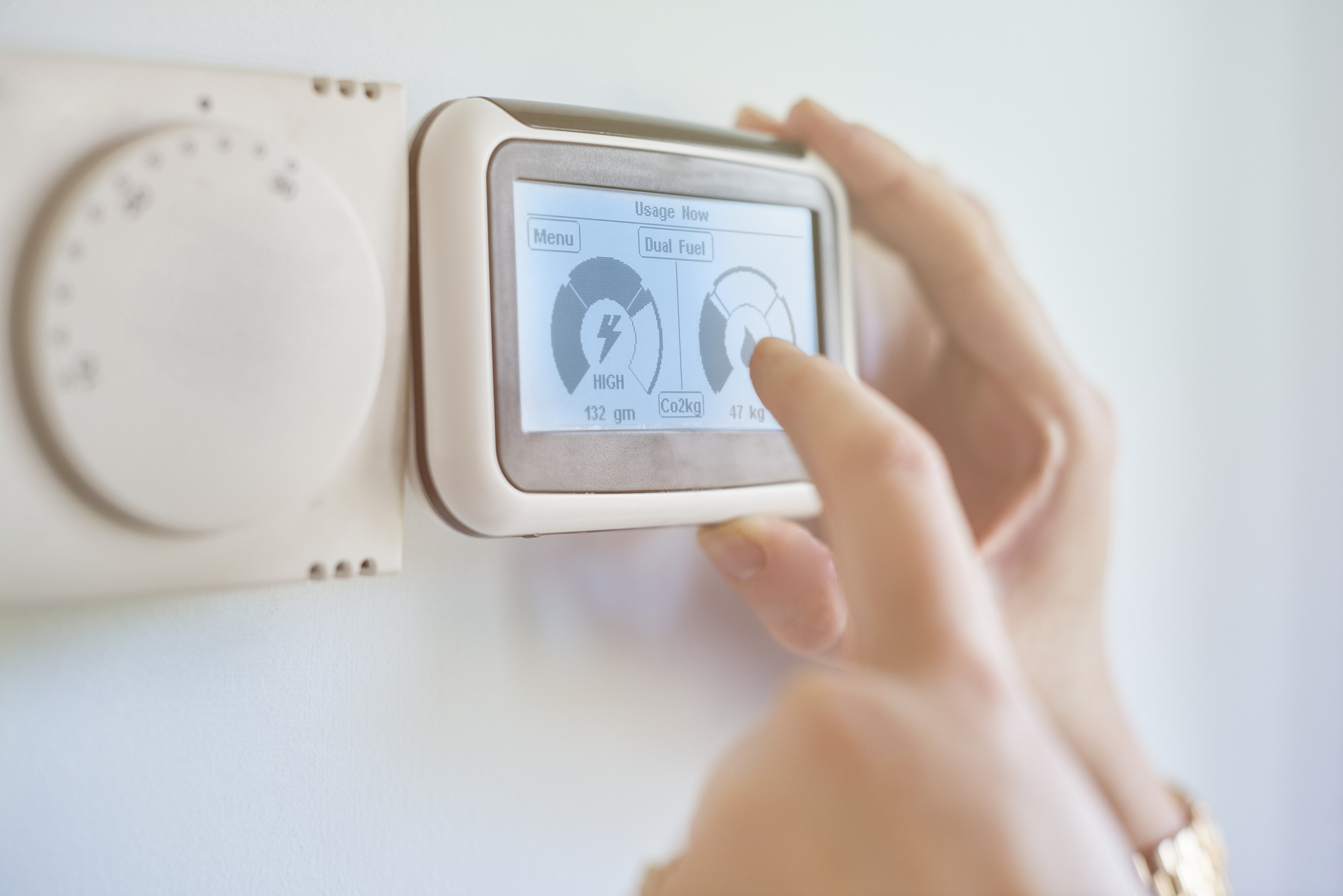On an individual level
Smart meters mean an end to inaccurate bills. As your energy supplier will have an accurate reading of your energy use, you will only ever have to pay for your precise usage rather than working with estimates.
A smart meter supports you with reducing your energy consumption. When you can see and understand how you’re using energy, it helps you manage that. That means lower bills for you and a lower carbon footprint too.
In the future, having a smart meter will allow you to take advantage of advanced time of use tariffs – where it will cost you less to use energy at specific times or you might even get paid to use electricity (for example on a windy day, when there’s a lot of energy generated by wind farms). We’re already starting to see some of these tariffs, such as Agile Octopus from Octopus Energy.
At a national level
Smart meters also help energy network operators balance the grid by providing more information about our energy consumption patterns. This directly contributes to tackling the climate emergency, as it means energy suppliers can become far more efficient about how much energy they produce, as they understand more about when we will need it.
This doesn’t mean that your energy company will be looking at what you do specifically but they will combine the information from your meter with thousands of others around the country, to build up a picture of how we all use energy.
This is a major undertaking for energy providers as the roll-out will see 50 million gas and electricity meters offered to 27 million homes by mid-2025.



